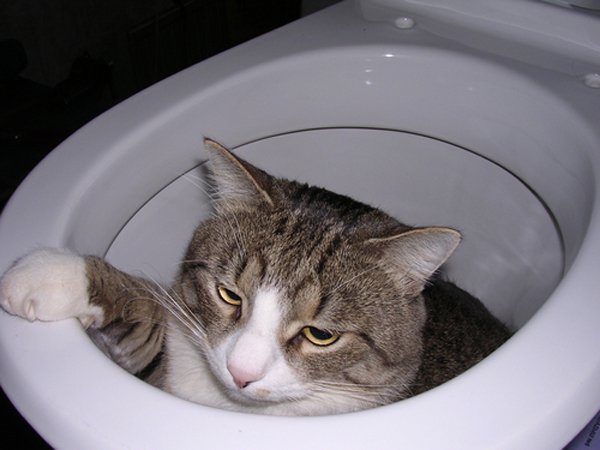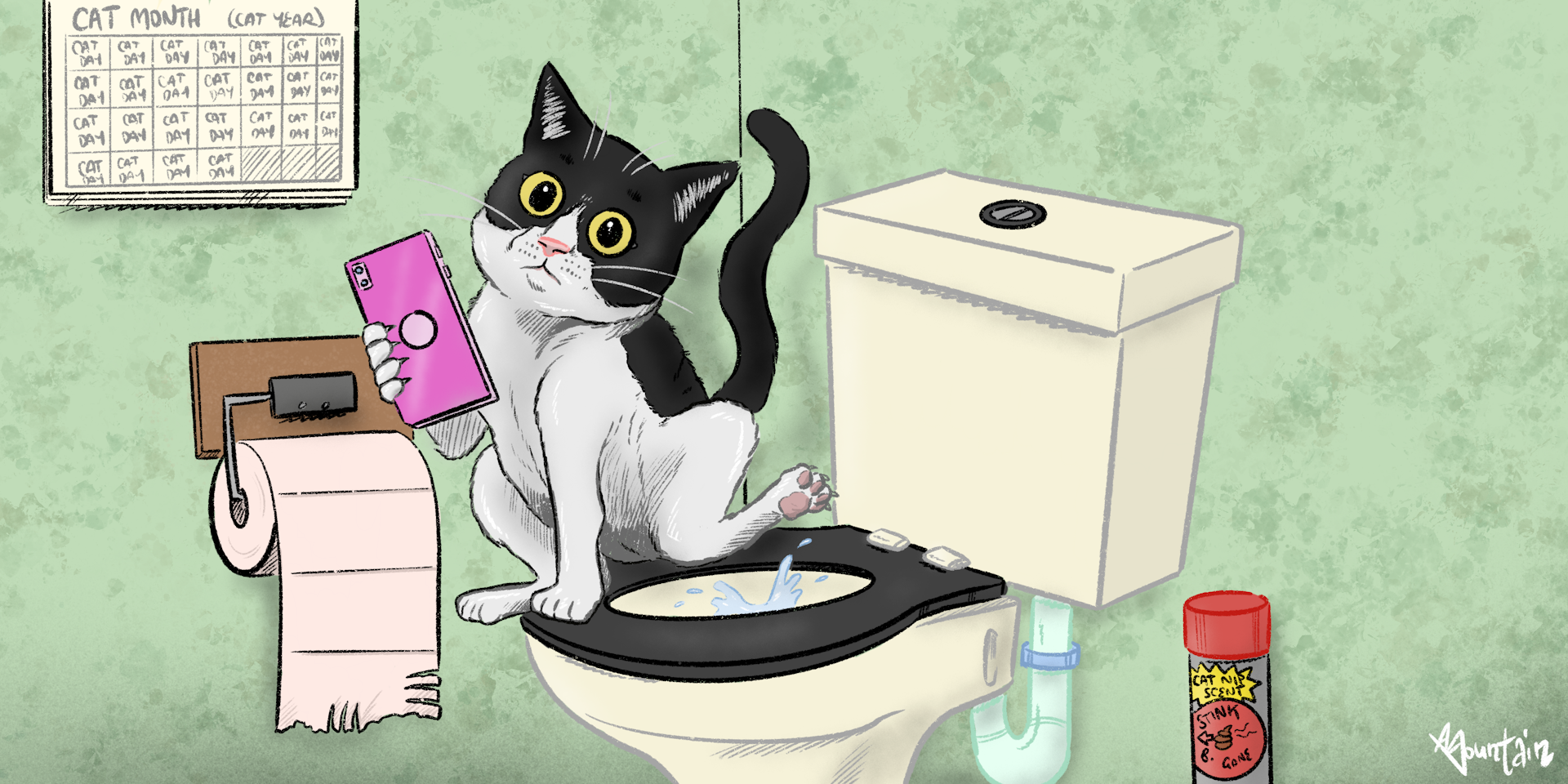Why You Shouldn't Flush Cat Poop Down Your Toilet - Preserve Your Pipe Health
Why You Shouldn't Flush Cat Poop Down Your Toilet - Preserve Your Pipe Health
Blog Article
We have uncovered this article relating to How to Dispose of Cat Poop and Litter Without Plastic Bags directly below on the internet and accepted it made perfect sense to share it with you on this site.

Intro
As pet cat owners, it's necessary to be mindful of how we throw away our feline good friends' waste. While it might seem hassle-free to flush pet cat poop down the bathroom, this technique can have detrimental consequences for both the setting and human wellness.
Environmental Impact
Purging feline poop presents harmful pathogens and bloodsuckers into the water, positioning a significant danger to marine environments. These pollutants can negatively affect marine life and compromise water top quality.
Wellness Risks
In addition to environmental concerns, flushing cat waste can likewise present wellness risks to humans. Feline feces might contain Toxoplasma gondii, a bloodsucker that can create toxoplasmosis-- a potentially extreme disease, particularly for pregnant ladies and people with damaged immune systems.
Alternatives to Flushing
Luckily, there are much safer and extra responsible means to get rid of pet cat poop. Think about the adhering to options:
1. Scoop and Dispose in Trash
The most typical method of disposing of pet cat poop is to scoop it into a biodegradable bag and throw it in the trash. Make certain to utilize a specialized litter scoop and take care of the waste promptly.
2. Use Biodegradable Litter
Select biodegradable pet cat litter made from materials such as corn or wheat. These trashes are eco-friendly and can be safely gotten rid of in the trash.
3. Bury in the Yard
If you have a lawn, consider burying cat waste in an assigned location away from vegetable gardens and water resources. Make certain to dig deep adequate to avoid contamination of groundwater.
4. Set Up a Pet Waste Disposal System
Invest in a pet dog waste disposal system particularly developed for pet cat waste. These systems utilize enzymes to break down the waste, lowering odor and environmental effect.
Final thought
Responsible pet ownership prolongs beyond providing food and sanctuary-- it also includes appropriate waste monitoring. By avoiding flushing cat poop down the toilet and opting for alternate disposal approaches, we can lessen our environmental impact and safeguard human health.
Why You Should Never Flush Cat Poop Down the Toilet
A rose by any other name might smell as sweet, but not all poop is created equal. Toilets, and our sewage systems, are designed for human excrement, not animal waste. It might seem like it couldn’t hurt to toss cat feces into the loo, but it’s not a good idea to flush cat poop in the toilet.
First and foremost, assuming your cat uses a litter box, any waste is going to have litter on it. And even the smallest amount of litter can wreak havoc on plumbing.
Over time, small amounts build up, filling up your septic system. Most litter sold today is clumping; it is made from a type of clay that hardens when it gets wet. Ever tried to scrape old clumps from the bottom of a litter box? You know just how cement-hard it can get!
Now imagine just a small clump of that stuck in your pipes. A simple de-clogger like Drano isn’t going to cut it. And that means it’s going to cost you big time to fix it.
Parasitic Contamination
Believe it or not, your healthy kitty may be harboring a nasty parasite. Only cats excrete Toxoplasma in their feces. Yet it rarely causes serious health issues in the cats that are infected. Most people will be fine too if infected. Only pregnant women and people with compromised immune systems are at risk. (If you’ve ever heard how women who are expecting are excused from litter cleaning duty, Toxoplasma is why.)
But other animals may have a problem if infected with the parasite. And human water treatment systems aren’t designed to handle it. As a result, the systems don’t remove the parasite before discharging wastewater into local waterways. Fish, shellfish, and other marine life — otters in particular — are susceptible to toxoplasma. If exposed, most will end up with brain damage and many will die.
Depending on the species of fish, they may end up on someone’s fish hook and, ultimately on someone’s dinner plate. If that someone has a chronic illness, they’re at risk.
Skip the Toilet Training
We know there are folks out there who like to toilet train their cats. And we give them props, it takes a lot of work. But thanks to the toxoplasma, it’s not a good idea.

I was shown that article about Can You Flush Cat Poo or Litter Down the Toilet? from someone on a different web blog. Are you aware of anybody else who is looking into the topic? Please feel free to share it. Many thanks for your time. Visit again soon.
At This Website Report this page